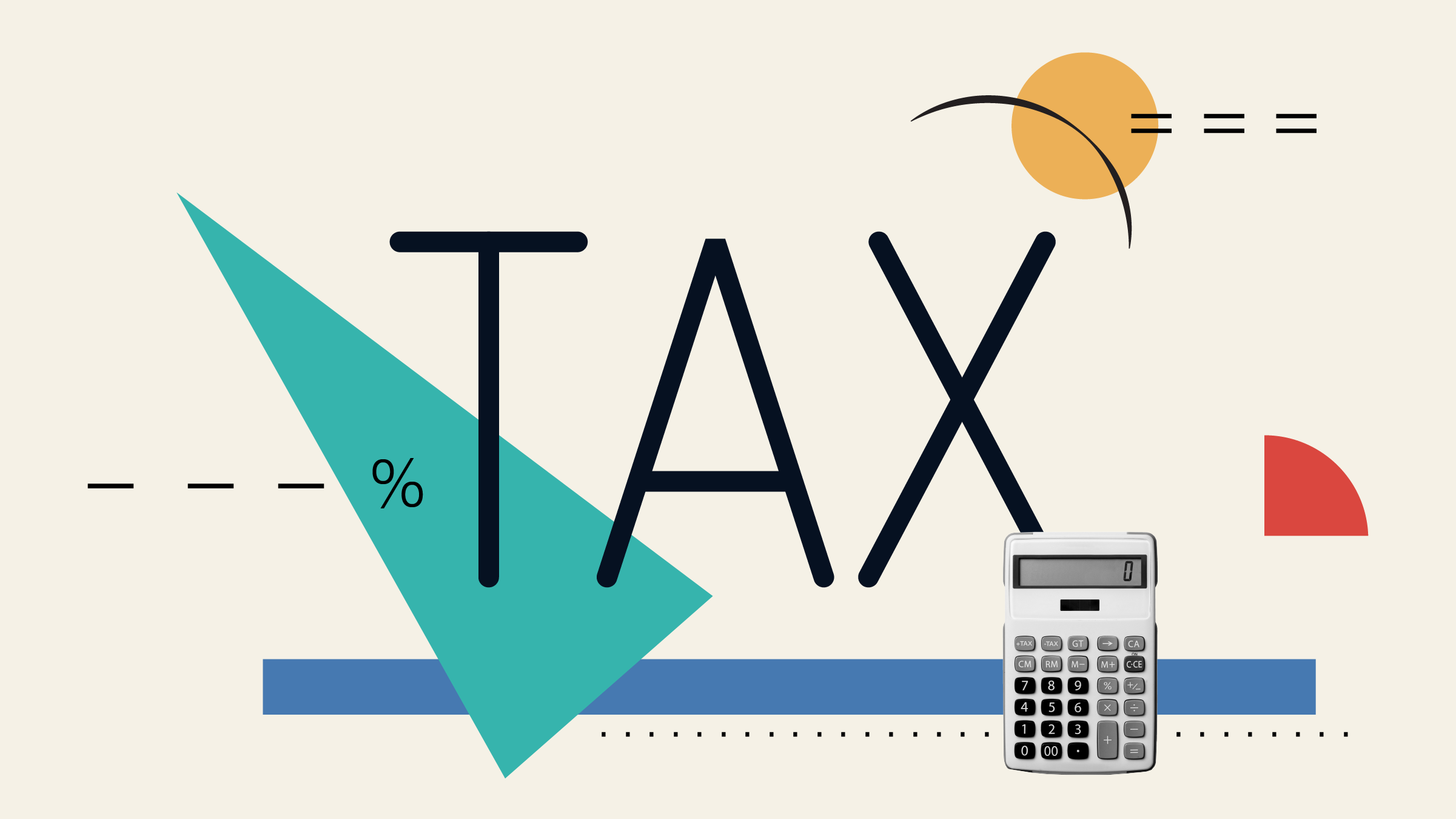This article is part of Morningstar’s Guide to Investing Ideas for 2015, our comprehensive round-up of where the most promising stocks, funds and markets can be found this year.
Jeremy Glaser: For Morningstar, I'm Jeremy Glaser.
As we kick off the New Year, I'm here with Bob Johnson, our director of economic analysis, to look at what he thinks will be the six surprises of 2015.
Bob, thanks for joining me.
Bob Johnson: Great to be here today.
Glaser: Let's start with number one. You had said earlier that housing was one of the big disappointments in 2014. Do you expect that to continue this year?
Johnson: I think 2015 will see some improvement, but I don't think it will be as big a help as many people think. Many are projecting housing starts will get as high as 1.2 million units in 2015, and I don't think we're going to get there. Student loans remain very high, the demographics aren't perfect for housing; you've got more retiring baby boomers. You've got a preference issue, where people seem to want to rent more and live closer to the inner city. All of those things are going to weigh on housing. It will do better than it did in 2014, but no giant rebound, either.
Glaser: One of the big stories of the back half of 2014 was a slide in oil prices. Would you expect that slide to continue, or will there be a rebound?
Johnson: It's always hard to call a commodity, and certainly none of us really saw oil coming down as much as it did. But that said, I do think oil prices are probably in the process of making a bottom right now. The dollar has certainly been strong, and that's been one of the major contributing factors to the rundown in oil, and that's probably just about run its course, in terms of the U.S. dollar.
Also I don't think supply and demand are very far out of line; they are not off by all that much. But because you can store oil, you have to carry huge supply, so in the short run, anything can happen with pricing, but over the longer run supply and demand are pretty close. That would suggest oil prices are going to be higher a year from now.
Glaser: Job growth has looked pretty good, but wages have lagged. Is 2015 the year that wages start to pick back up?
Johnson: The one thing I'll say for sure is that skilled labour rates for hard-to-find jobs will definitely go up. Any kind of skill--whether it's an air conditioning repair person, a lathe operator--anybody with a skill will do much better in 2015. If you are just plain manual labour without a skill, you may not do as well, and that may hold back the overall averages a little bit. But I do think wage growth on an hourly basis will accelerate in 2015.
We've seen the lowest rate for initial unemployment claims in the history of the data point. We've seen the job openings report show that there are a lot more openings than there are hires, indicating there is a skills mismatch and wages will have to go up to bring them together. And on top of it are the demographics. The working-age population in 2015 looks to me like it will shrink a little bit, and that will be one other factor that will help the labour wage rate situation in 2015.
Glaser: China is in the middle of a difficult balancing act, trying to keep growth going while also clamping down some speculative activity. Will China be able to continue to walk this line?
Johnson: I think they'll walk the line, but I think that line will also encompass a slower growth rate. I think everybody was thinking, "When are we going to bring the [economic growth] number back to 7.5%? Once it's below that, they'll do something and get it back to that number."
Basically the government said, we are not watching just the growth rate. They are very worried about the lending markets over there, and they want to clamp down a little bit. Their real estate market has been in a difficult position with prices eroding, which means less starts, which is slowly working its way through the economic databases.
So China will definitely be slower next year. I don't think they are going to go back to this giant infrastructure-building program again. There is just too much pollution there right now. They've turned their back on that, and I don't think they are going back. I think rates will erode, and much like the U.S., their demographics are going to work against them over the next five years. Four to five years from now, we are going to be talking about 4% to 5% growth in China, not 7.5%.
Glaser: Speaking of 5% growth, that's what the U.S. accomplished in the third quarter of 2014. Is this a sign that we are seeing acceleration, that we are breaking out of that rut, or are we still stuck in a slow-growth mode?
Johnson: That's going to be one of the surprises of 2015. Everybody is thinking, this is going to be the breakout year; we're going to see 3% to 4% growth. I don't think that's going to happen. It's incredibly tempting when you see a 5% growth number to say, "We're off to the races again!" But there were lot of artificial things in that number as we've talked about before.
I mentioned housing won't be all that great in 2015 again, which was one of the things holding back the economy. Exports helped a great deal in 2014; in 2015, because of the stronger dollar, [slowing] exports will probably hurt the economy.
I think that we'll have a nice, steady 2% to 2.5% growth rate, as we've had for the last four years. But this idea that just because gasoline is cheaper and consumers can spend more that we're instantaneously going to have a 4% growth economy just doesn't hold any water.
Glaser: And finally, what's your view on the U.S. federal budget deficit? Do you think that there are going to be any big policy changes in Washington?
Johnson: Well those are two questions, I think.
The budget will look far better than people are thinking. The long-term average of the budget deficit as a percentage of GDP runs about 3%. In the worst of the recession, we got as much as 10%. Last year we ran just a shade under 3%.
The surprise this year, instead of staying flat at that level, I think it's going to dip all the way to 2.5% and maybe even less of GDP. A combination of lower interest rates, lower unemployment claims being processed, a huge corporate tax haul, if you will … I think that corporations have done well, and the tax collections through December on corporations looked way ahead of schedule, and so did the individual tax collections.
So I am very optimistic the budget will look better than people are thinking in 2015, and in fact it may leave enough wiggle room so that maybe there is a chance to somehow cut a little tax here and add a program there that keeps both the Democrats and the Republicans happy.
Glaser: Bob, thanks for sharing these surprises. We're looking forward to talking to you throughout the year.
Johnson: Thank you.
Glaser: For Morningstar I'm Jeremy Glaser. Thanks for watching.
This article was originally published on Morningstar.com





























